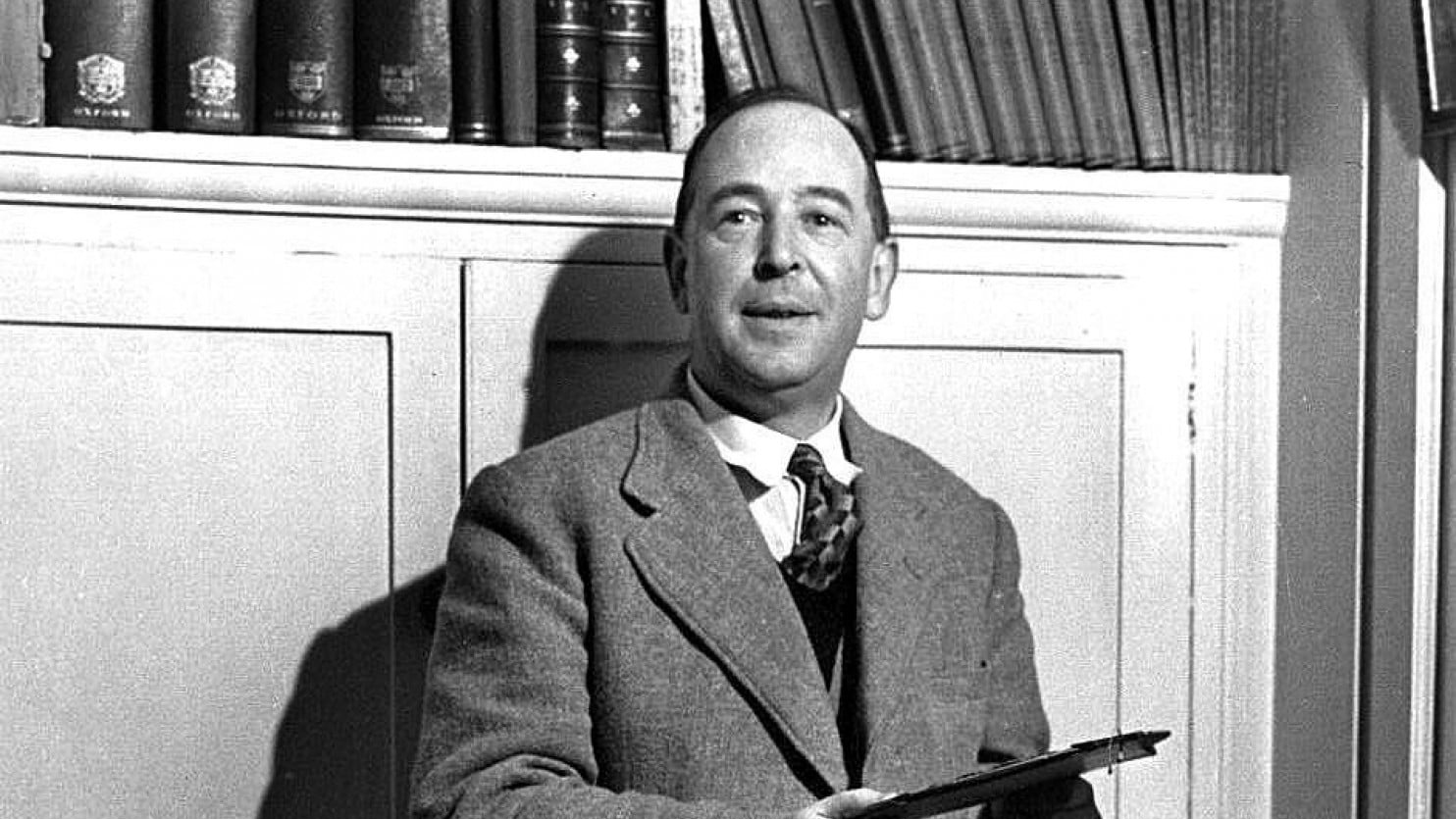
Back to blog
Education
May 15, 2024
Lewis on Shaping Culture with Words
Words shape the world. God spoke the world into existence, and he sustains everything with his word. Because we are made in God's image, what we say also has the power to shape the world. New Saint Andrews College teaches students how to employ language to build culture through courses like Latin and Rhetoric. A good leader knows that words are meant to persuade, fashion worlds, defend the truth, and attack sin. C.S. Lewis is one figure who was verbally skilled, and he used his gifts to shape culture through lectures, sermons, and stories. NSA looks to him as an excellent example for graduates to imitate as they seek to be leaders in culture.
C.S. Lewis lived from 1898 to 1963. For the first part of his life, he was an atheist, but around 1929, he converted to Christianity. One story about Lewis’s conversion to Christianity involved a conversation between him and a couple of his friends. These friends, who were Christians, knew Lewis longed for the old myths, so they explained that what he saw dimly in those old myths was true in Christianity. It was the true myth that Lewis was longing for. This conversation set Lewis on a path for the rest of his life to use words to teach and encourage others in the Christian faith.
As a writer and teacher, Lewis sought various avenues to share Christianity with others. During World War II, he was offered a lectureship as an RAF chaplain, where he taught British troops about Christian theology. He traveled regularly throughout England to teach these ordinary men the fundamental truths of scripture as they prepared for battle. In this way, we see Lewis had a heart for others, desiring that they know the gospel and obey the Lord.
He knew that many people in his day did not really understand Christianity and the objective nature of morality, and he desired to address that problem head-on.
At that same time, Lewis was also invited to give talks on the BBC explaining and defending the Christian faith. He knew that many people in his day did not really understand Christianity and the objective nature of morality, and he desired to address that problem head-on. Through these radio broadcasts, he was given the opportunity to proclaim the gospel to a massive audience. Later, he turned these talks into his well-known book, Mere Christianity, which is still a great resource for explaining Christianity.
Lewis is also known for his Narnia stories and the Space Trilogy. These works of fiction have been a source of encouragement to many Christians. These books exemplify how stories and words shape imaginations to love what is good and true. Lewis saw a need in his day for good stories setting forth a theologically rich vision of the world. The modern world had been duped by godless materialism into viewing the world as a barren vacuum, empty of the glory of God. He would use the language of enchantment to describe this modern ailment. In one of his most famous sermons, “The Weight of Glory,” Lewis says, “Spells are used for breaking enchantments as well as for inducing them. And you and I have need of the strongest spell that can be found to wake us from the evil enchantment of worldliness which has been laid upon us for nearly a hundred years.” The darkness of worldliness has only grown thicker in our day. There is a need for poets and authors with a Christian imagination who can re-enchant others with the vision of the glorious world that God has made.
“Spells are used for breaking enchantments as well as for inducing them. And you and I have need of the strongest spell that can be found to wake us from the evil enchantment of worldliness which has been laid upon us for nearly a hundred years.”-C.S. Lewis
NSA has designed its liberal arts program to arm students with linguistic skills to communicate a biblical vision of the world. One fundamental course in this work is Latin, which instills in students the tools to understand the essential components of language. This course also gives students a deeper understanding of different cultures and ages, broadening them so they can better see the strengths and weaknesses of the modern world. Lewis himself studied and loved Latin. This language shaped him so he could rightly see the age in which he lived.
NSA has designed its liberal arts program to arm students with linguistic skills to communicate a biblical vision of the world.
Students at NSA also study Rhetoric, where they learn to fine-tune their writing and speaking skills to wield words persuasively and meaningfully before an audience. A good leader must know how to communicate a compelling vision to others. Lewis provides an excellent example of using imaginative language to move others to love what is true and good. Students follow his example, learning in Rhetoric the ability to argue and defend the truth in order to build up others.
At NSA, we are creating leaders who understand the power of words. God made language critical in building culture and fighting sin. This is why students study Rhetoric and Latin. In these classes, students learn the contours of language and how to use it to impact the world. Through the liberal arts program at NSA, students learn to imitate Lewis and use words to shape culture to the glory of God.